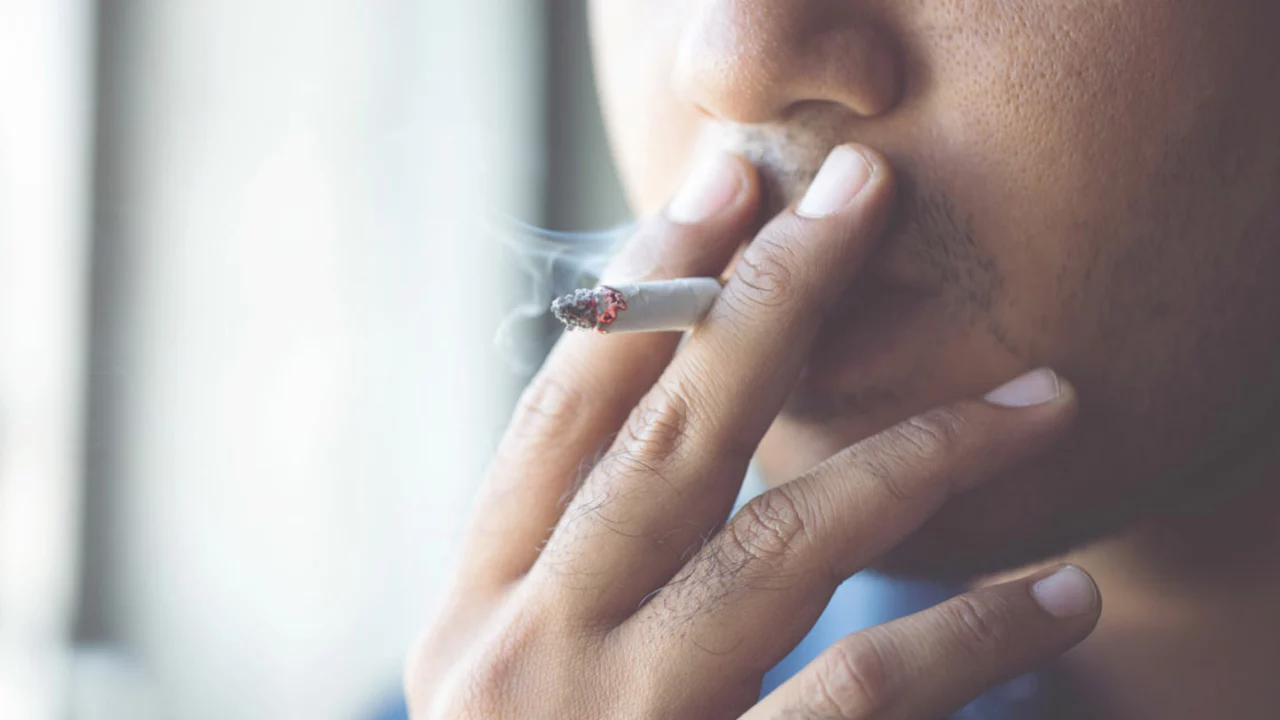Oral Health Essentials: Your No-Nonsense Guide
Ever wonder why your dentist nags you about flossing but you still get cavities? Good oral health isn’t just about brushing—there’s more going on in your mouth than you'd think. Real oral care goes beyond minty toothpaste ads. Here’s what actually matters for a healthy mouth, gums, and fresh breath.
Your daily habits shape your mouth’s future way more than any fancy product. For starters, don’t just rush through brushing. Two minutes might feel long, but it makes a massive difference. And yes, brushing before bed really does matter—even if you’re wiped out. Bacteria party up while you sleep, and skipping that nighttime brush gives them an open invitation.
Think floss is a waste of time? The grim truth: about 40% of your tooth surfaces hide where your brush can’t reach. That means no matter how meticulously you brush, you’re missing loads of gunk between teeth unless you floss or use interdental brushes. Ever had bleeding gums when flossing after a long break? That’s your body yelling for help—keep at it, and you’ll notice less bleeding within a week or two, not more.
Sweet tooth? The more you snack on sugar, the longer acids stick around your mouth, quietly eating away at enamel. Sipping sweet drinks or nibbling candy all day? That’s practically scheduling cavity appointments. If you must indulge, eat or drink in one sitting rather than dragging it out, then drink water to rinse sugars away.
But oral health isn’t just about teeth—it’s your gums, tongue, and breath, too. Red, puffy, or bleeding gums are early signs of trouble. Tongue scrapers might look odd, but a quick daily scrape can cut down bad breath faster than the strongest mint. Speaking of fresh breath, if your mouth feels dry most days, you’re at high risk for cavities no matter how perfect your brushing. Water beats soda or coffee any day for keeping your mouth happy.
Don’t ignore aches or little sores either—tiny spots can be early warnings of bigger issues. Most things heal up in a week, but if not, talk to your dentist. Even small changes—like switching to a soft toothbrush or trying an electric one—can make cleaning easier and more effective without hurting sensitive gums.
Real talk: expensive whitening strips and mouthwashes only do so much. The real backbone of oral health is daily care—brushing, flossing, balanced eating, and regular dental visits. Simple tweaks, not miracle products, are your best shot for a great smile and healthy gums. Stick around the tag page for practical product guides, pro tips, and no-BS advice to keep your whole mouth in shape. Oral health is easier when you know what actually works.
Prophylaxis and Tobacco Use: How Quitting Smoking Improves Your Oral Health
In my latest blog post, I've delved into the profound effects of quitting smoking on oral health, particularly focusing on prophylaxis - a preventive measure to keep diseases away. Kicking the habit not only reduces your risk for oral cancers, but it also lowers the chances of gum disease and tooth decay. More so, the process of prophylaxis, such as professional teeth cleaning, becomes more effective once tobacco use is ceased. So, if you're a smoker, considering quitting could be the best decision you make for your oral health. Come on board as we explore this critical dental health subject in more detail.
